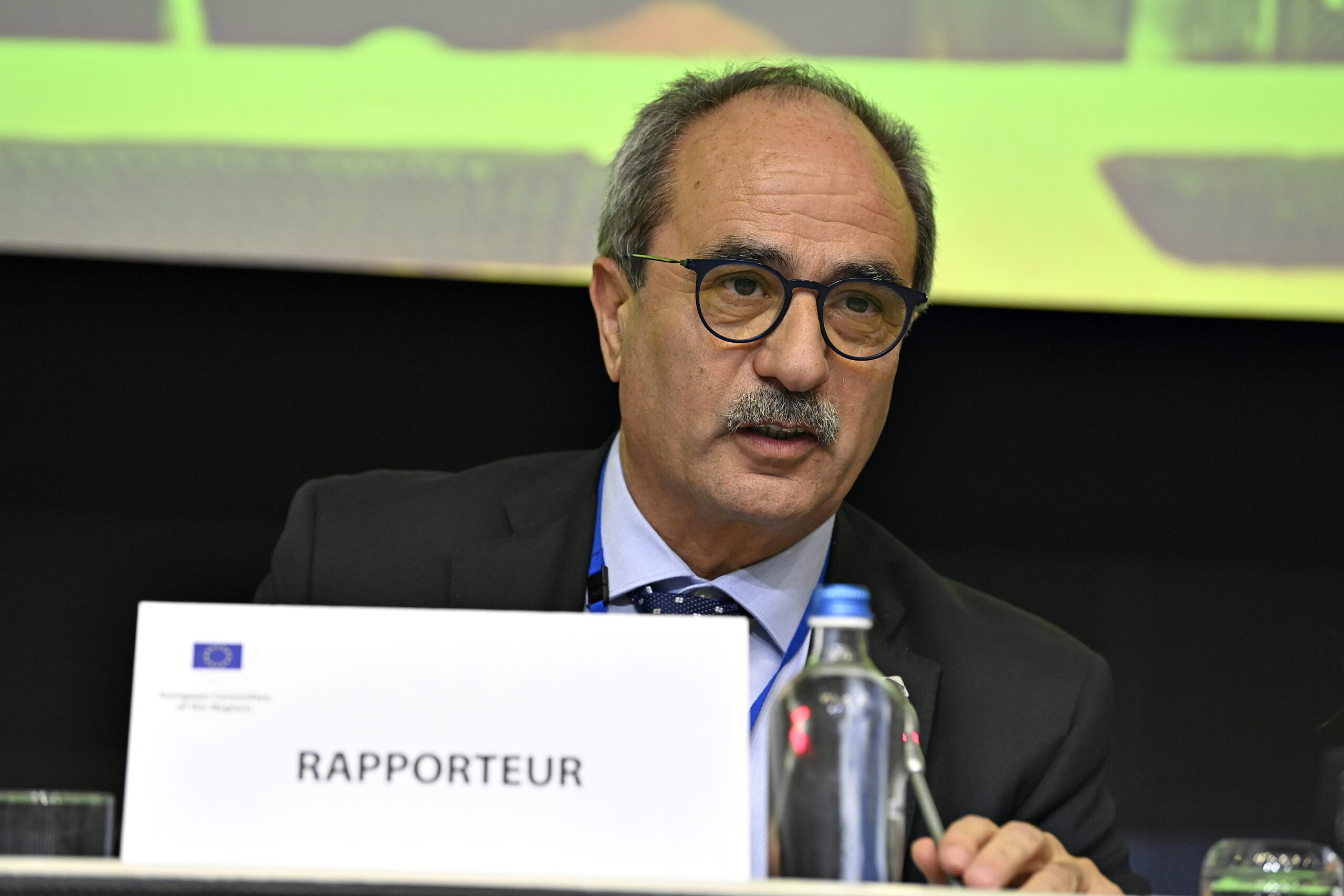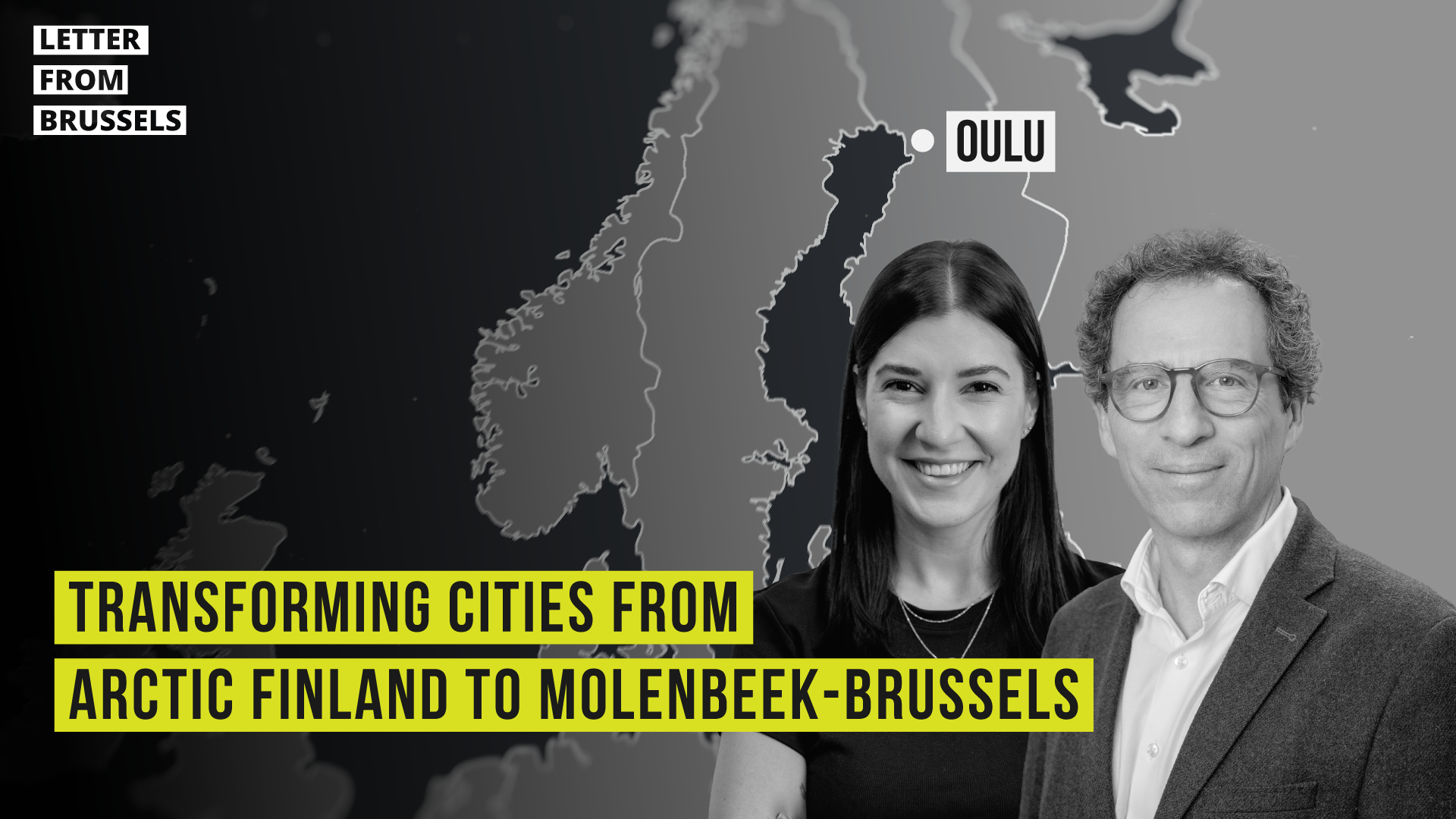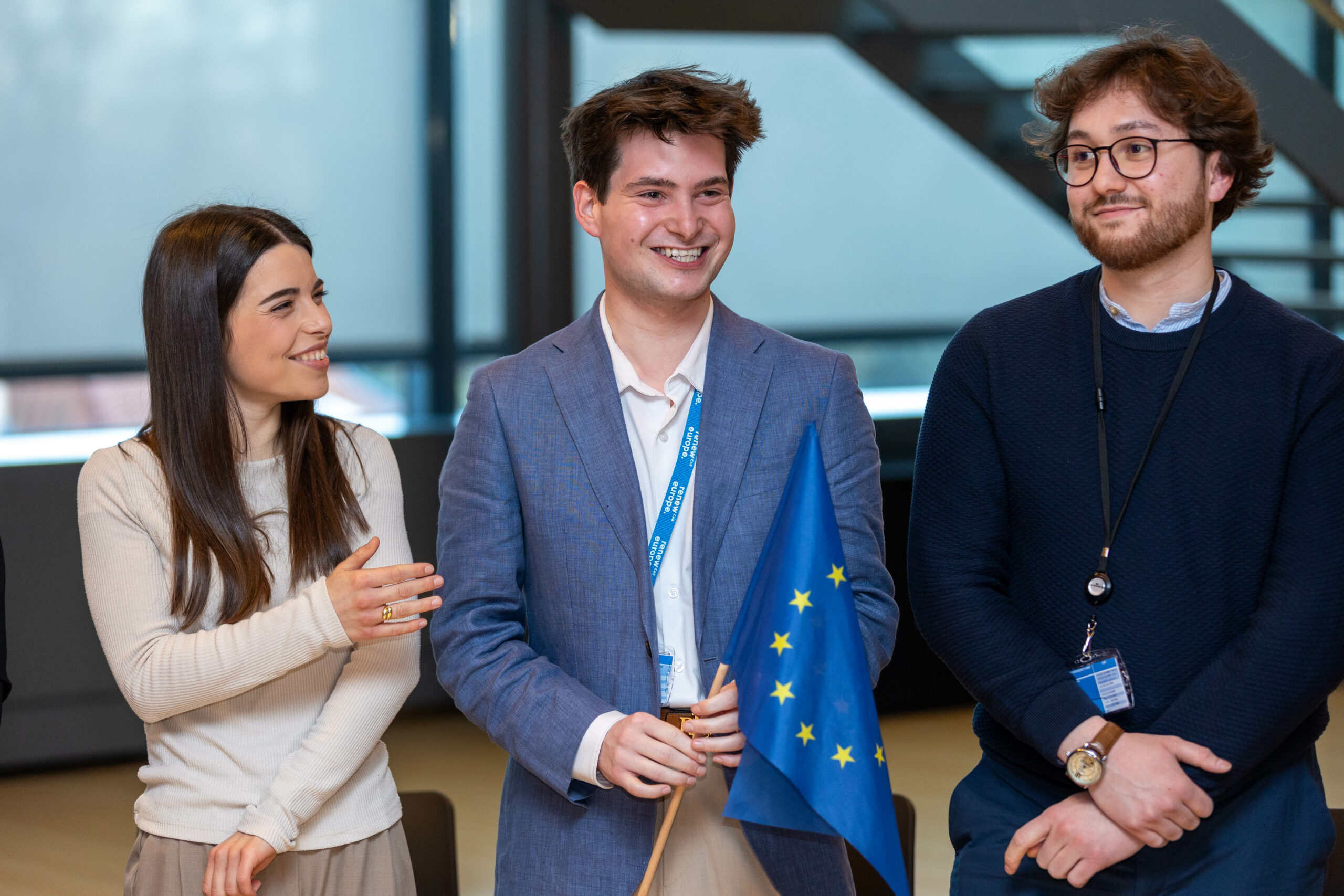On World Tourism Day, we celebrate the power of travel to bridge cultures and foster identity, by zooming in on a growing trend in Europe: roots tourism. This form of travel, which focuses on reconnecting people with their ancestral homelands, is of great value for revitalizing local communities and contributing to sustainable economic development. In his report on roots tourism, local leader Giuseppe Varacalli from Gerace, Italy emphasizes the need for initiatives that preserve local heritage while providing economic opportunities.
Roots tourism is a form of tourism, which invites individuals to explore the places where their ancestors once lived. In Europe, many regions have witnessed large waves of emigration, with millions of descendants of Europeans now scattered across the globe. Roots tourism taps into the desire of these descendants to reconnect with their cultural heritage, and having been long established in Ireland is now gaining ground in other countries such as Italy. More than a conventional vacation, this type of tourism is about experiencing cultural heritage through visits to family homes, participation in local traditions, and discovery of genealogical ties. As more local towns and villages engage in the project, roots tourism has the potential to play a transformative role in revitalizing Europe’s rural regions, many of which face demographic decline, brain drain, and economic stagnation. By attracting visitors interested in their heritage, towns and villages that are often overlooked by mainstream tourism can benefit from a steady stream of tourists. This creates opportunities for economic growth and decentralizes tourism from major urban centers, thereby helping to mitigate the harmful effects of over-tourism.
Giuseppe Varacalli, a local councillor from Gerace, Calabria, Italy is at the forefront of promoting this initiative. Since being appointed as the European Committee of the Regions (CoR) Rapporteur on roots tourism in April 2024, he has been actively engaging with stakeholders and policymakers across Italy and in Brussels to advance this emerging sector. Roots tourism can help local businesses—shops, restaurants, artisanal producers—to thrive by promoting their products to tourists with a personal connection to the visited region, argues Varacalli. Furthermore, it can bolster investment in local infrastructure and services, improving quality of life for both residents and tourists. In his report on how roots tourism can be a source of revitalization of local villages, Varacalli explains the many economic benefits of this type of tourism on cities and regions. On one hand, it generates direct revenue through tourism-related activities such as accommodation, dining, and local tours. On the other, it creates longer-term benefits by attracting investment in infrastructure and public services. For instance, in Italy, the “Roots Tourism” project, funded by the National Recovery Plan, has already begun bringing visitors to small municipalities, revitalizing local economies. According to the Italian Ministry of Foreign Affairs, there are nearly 80 million Italians living abroad and of descendants of Italian origin. Back in 2018 already, the economic inflow generated by roots tourism in Italy had amounted to around 4 billion euros. Roots tourism also has the advantage of fostering sustainable development. Unlike mass tourism, this form of travel encourages deeper engagement with local traditions, heritage, and people. Tourists are thus not merely consumers—they are participants in the preservation and celebration of local culture.
“We all feel the pull of home, and roots tourism can have great emotional power and practical significance. Year-round tourism and the re-discovery and embrace of traditions can drive social and economic growth, revitalise towns and cities, and slow demographic decline – that is the core message of my opinion, and also a call to serious action at the European level.” – Giuseppe Varacalli, city councillor in Gerace, Italy.
Roots tourism goes beyond economic benefits, highlights Varacalli, as it also offers a way to reinvigorate cultural and social life in rural communities. When these tourists visit, they bring with them stories, experiences, and histories that are linked to the very places they are visiting. This exchange can bolster local pride and create a renewed sense of community identity. Locals are often also engaged directly, sharing their knowledge of local customs, participating in genealogical research, or offering guided tours of important family landmarks. Thus, this form of tourism enables one to take ownership of their cultural heritage. Unlike commercial tourism, these tourists seek meaningful experiences, and sometimes even ending up investing in the local community through property purchases, business ventures, or participation in local development projects.
As we celebrate World Tourism Day, it is clear that roots tourism is not just a niche market—it is a growing phenomenon that can help reshape the future of sustainable tourism across Europe. By promoting this form of travel, we can ensure that the economic and cultural benefits of tourism reach all corners of Europe, particularly those cities and regions most in need of revitalization.
To read the draft CoR Opinion on roots tourism by Giuseppe Varacalli, click here.





